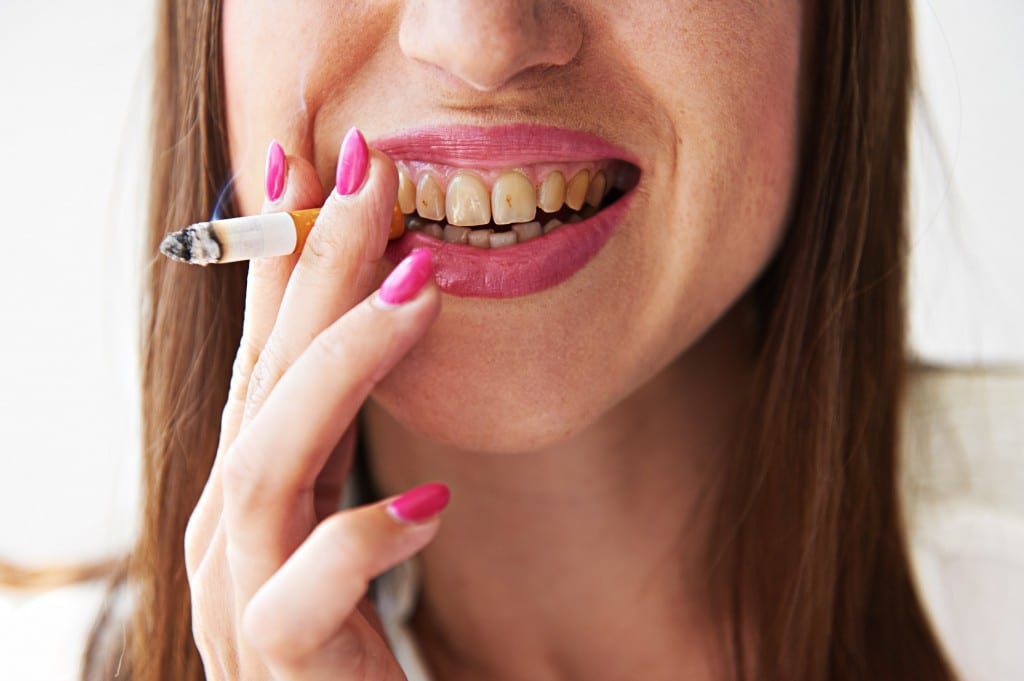
For many people, college is the doorway to adulthood, where you discover your passions and start your career.
Unfortunately, for some young scholars, college is also a place where many of these young adults might skimp on their oral hygiene.
Some clinicians have pinpointed a number of risk factors in college-age students that make them more likely to suffer from tooth decay, gum disease, and cavities.
Today, we want to impart some oral health wisdom on college-aged adults by talking about some of the lifestyle factors that might be harming their teeth and gum health.
4 College Aged Lifestyle Factors That Harm Dental Health
While college is known as a time of learning, it’s also notoriously a time when young adults aged 18-24 make impulsive lifestyle decisions.
College aged students tend to participate in high-risk party behavior that they tend to grow out of once they enter the work force.
The best way for them to prevent dental damage down the line is being knowledgeable on how their choices are impacting their health. Here are some common college aged trends that are bad for oral health:
- Binge drinking. College partying is synonymous with drinking a lot of alcohol. The National Institute of Alcohol Abuse and Alcoholism found that 4 out 5 college students consume alcohol on a regular basis. Half of these students binge drink, which is defined by the CDC as someone who consumes 4-5 drinks in two hours.
While the occasional drink isn’t bad for your dental health, binge drinking can lead to dental decay from alcohol-induced dry mouth. Not to mention, popular alcoholic drinks tend to be incredibly sugary, combined with late night drinking that leads to passing out rather than brushing – this is a recipe for plaque. Another common consequence of binge drinking is vomiting. Throwing up is horrible for your teeth, as it washes your teeth with stomach acid that dissolves enamel.
- Smoking. Tobacco and marijuana usage is rampant amongst college-age adults. Smoking is infamously bad for your teeth. It causes dry mouth, dental decay, and gum disease. A survey in 2004 found that 51% of all students claimed to be social smokers.
The thing about social smoking is that it often evolves into chronic smoking, and even social smoking can put you at risk for oral cancer and dental decay. Hookah is also commonly consumed by college students, under the pretenses that it’s less dangerous that cigarettes. Hookah tobacco is filtered through a water pipe before inhalation, which makes it sound healthier. However, it’s actually much more carcinogenic than cigarettes.Another study found that 33.2% of college students smoke marijuana ever year, and more than 20% used marijuana within the past month. Most college students aren’t aware that one of the effects of chronic marijuana usage is gingival enlargement, which is essentially a drug-induced abnormal gum growth due to inflammation.
- Oral Piercings. While people of all ages can have an oral piercing, they tend to be more common in young adults. Oral piercings are dental destroyers. They cause tooth fractures, tooth chipping, abrasions, and they harbor bacteria. In fact, people with lip piercings are 7.5 times more likely to have gum recession than those without oral piercings.
- Diet, Sleep, and Stress. When you’re staying up until 3 am, brooding over a text book, and snacking on Cheetos and Mountain Dew, you’re setting the stage for dental issues. Not to mention, ramen is much cheaper than healthy choices. That’s why the idiom “the freshman 15” exists, because a lot of college students tend to partake in sugary junk food.
Not to mention, times of duress like sleep deprivation and stress often lead to a decline in basic oral hygiene. High-stress levels have also been connected to gum inflammation. Highly processed junk food causes tooth decay. College students need to beware of their diet and dental hygiene.
As you can see, young adults at the college age tend to partake in lifestyle choices that aren’t great for their oral health. Through proper education and routine dental visits, we can help educate patients on better lifestyle choices for the sake of their oral health. The way you live today will affect you tomorrow.


